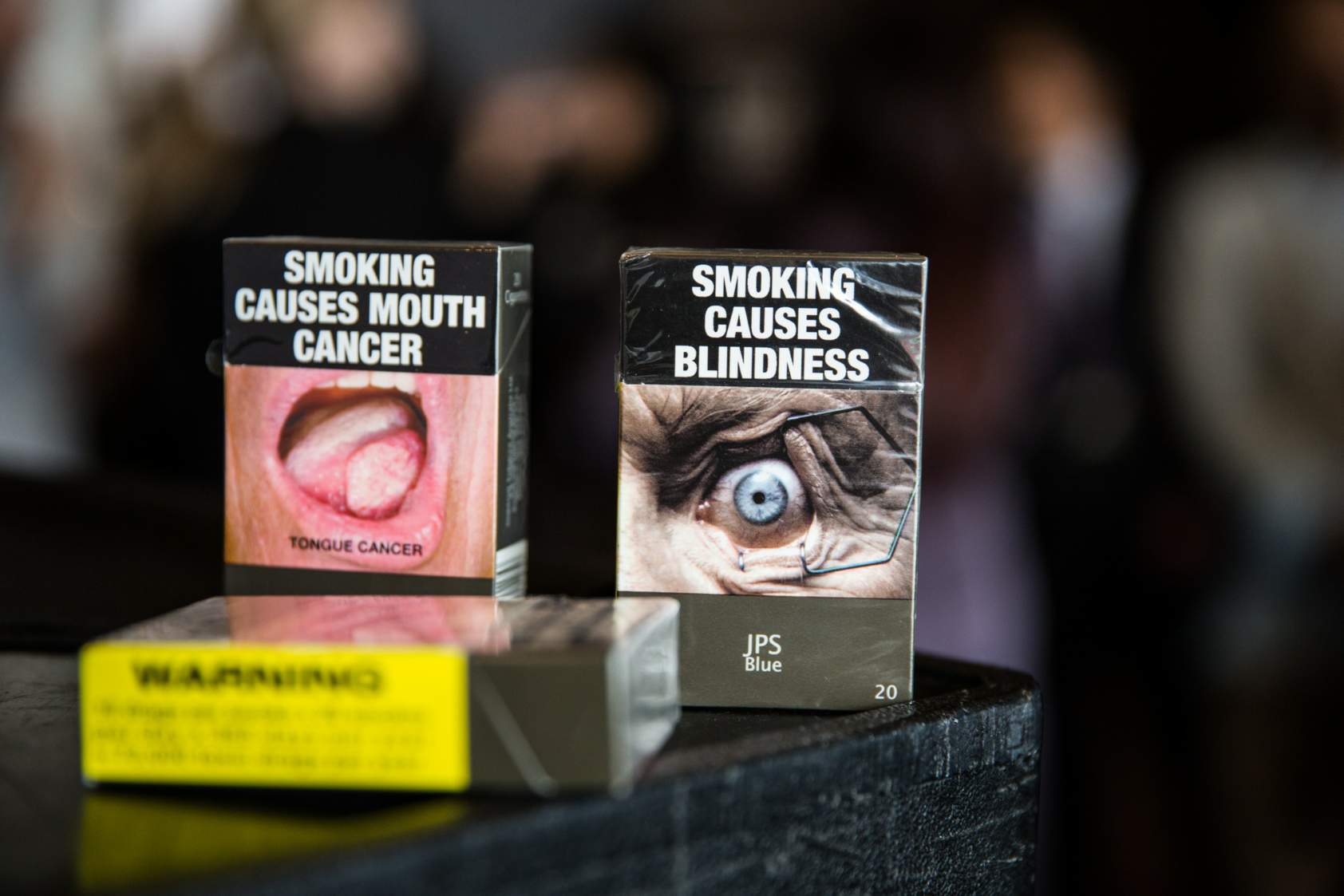
Published by: McCabe Centre for Law & Cancer
Date: February 2021
Download the full paper
About the paper
On 9 June 2020, the WTO Appellate Body ended almost a decade of litigation against Australia’s tobacco plain packaging laws with a comprehensive victory in favour of Australia. The decision upholds the first instance decision by a WTO panel in June 2018, which found that tobacco plain packaging was not more trade restrictive than necessary to protect public health, and that it did not infringe any obligations relating to the protection of intellectual property.
The new Appellate Body decision confirms the panel’s conclusions, and is the final decision possible in the WTO system. Australia has now won all three legal challenges that were brought against its tobacco plain packaging laws: it successfully defended a constitutional case in the High Court of Australia, an investment dispute before a tribunal under the 1993 Hong Kong – Australia bilateral investment treaty, and a WTO dispute brought in the first instance by Cuba, the Dominican Republic, Honduras, Indonesia, and Ukraine (with Ukraine later discontinuing its case) and on appeal by the Dominican Republic and Honduras.
The WTO Appellate Body decision is the last of the cases to be resolved, more than ten years after plain packaging was announced in February 2010. It is a major victory for public health and has important implications both for implementation of the World Health Organization Framework Convention on Tobacco Control (WHO FCTC) and for the relationship between trade and public health more broadly. Most importantly, it decisively rejects some of the most common legal and evidentiary arguments against plain packaging, many of which are also raised in relation to graphic health warnings on tobacco packages. Given the Appellate Body’s role as the final dispute settlement mechanism of the multilateral trading system, this rejection gives confidence to many more countries to move ahead with the measure.
The Appellate Body also addresses many aspects of the relationship between trade and health that have significance for other public health measures – it conclusively rejects the expansive view of intellectual property put forward by the tobacco industry, and recognises that relevant provisions of the relevant WTO agreements need to provide countries with the regulatory autonomy to achieve public health goals. Parties should find much in the report that is encouraging for their implementation of the WHO FCTC, and public health measures more broadly.
This paper is a guide to the WTO cases. It provides an overview of plain packaging laws in Australia and the legal challenges brought against them, discusses the findings of the panel and Appellate Body reports, and draws out some of the key themes of the decisions. A shorter summary of the Appellate Body decision is available here, and further resources on legal challenges to plain packaging, including materials on the investment decision, are available from our Knowledge Hub website at https://untobaccocontrol.org/kh/legal-challenges/tag/plain-packaging/